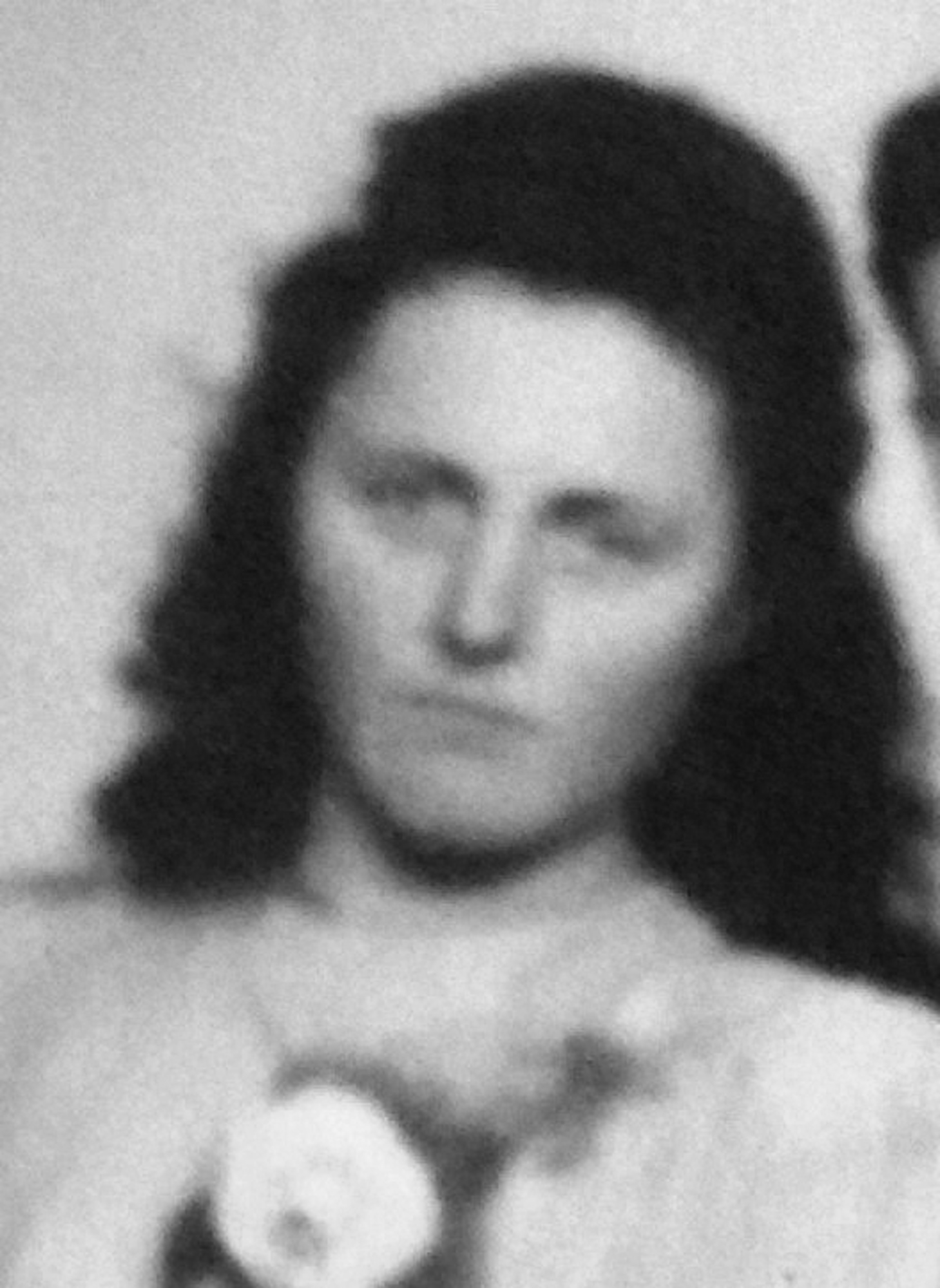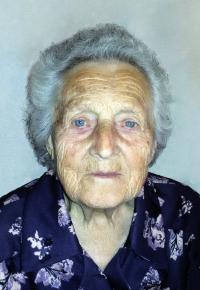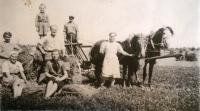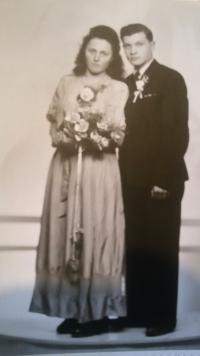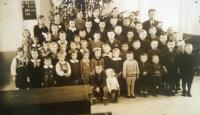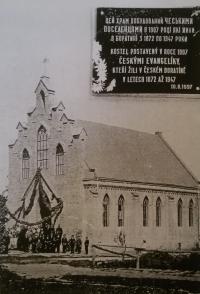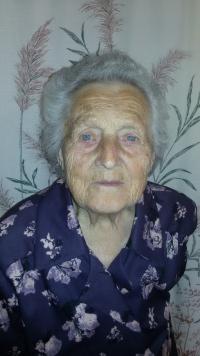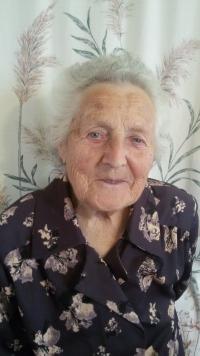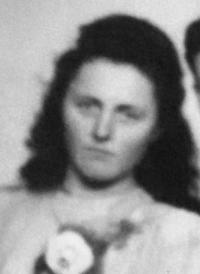After the war in Volyn we lived in fear of wandering troops and the Soviet regime
Ludmila Vlková, née Švejdarová, was born on 29 January, 1926 in Volyn-Czech village of Boratín in the family of Bedřich and Marie Švejdar. She grew up with two older brothers, Miloslav and Jiří, but her mother died before she was only five years old. The children were raised by the new wife, Emily, just like hew own, along with a new younger sister Maria. The farm was their living, the father was the village major. The Švejdars lived through several regimes in Boratín - Polish, Soviet, German and again the Soviet one. In 1944 they survived the village bombing. In the same year Ludmila´s older brothers voluntarily joined the 1st Czechoslovak army of the general Svoboda, and they both made it through the war, but they could not return from Czechoslovakia to Volyn. Ludmila met her brothers again in 1947, when the Volyn Czech were allower to resettle to Czechoslovakia due to international treaties. The Švejdars settled down in Hrušovany, where they got a farm house. In 1949 Ludmila married to the nearby village of Chotiněves to Radomír Vlk, who was also a Volyn Czech from Boratín. In 1958 they were forced to join the united cooperative, where Ludmila worked until retirement without any worries. The Vlks had four sons, and today three of them are not alive any more.
